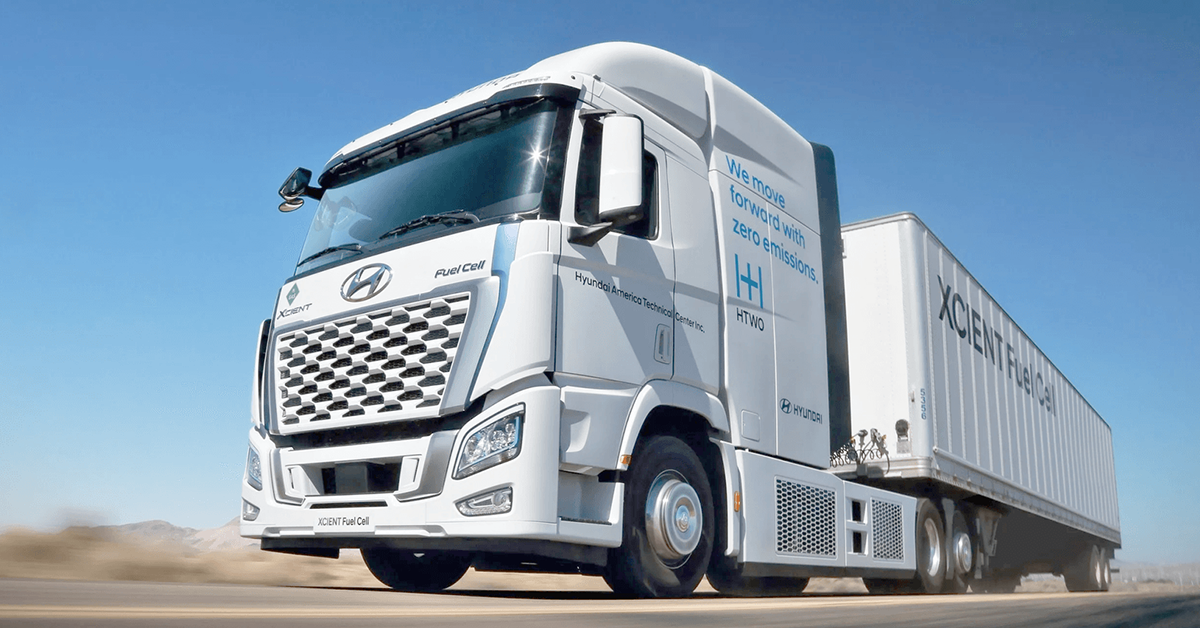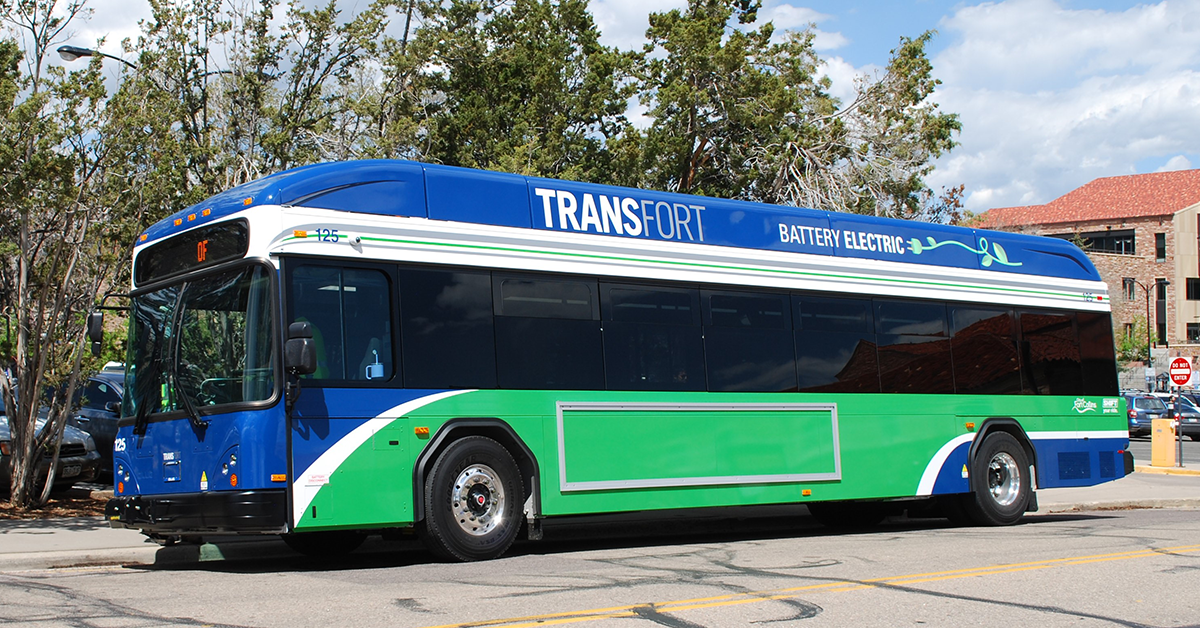
Authored by MIchael Dorgan, Policy Manager
As the US policy environment evolves, it is more critical than ever to demonstrate the positive economic impacts of the transition to alternative fueled vehicles. Lawmakers are focused on the economic and workforce benefits these vehicles may provide to their constituents, shifting focus from climate and health benefits highlighted in the previous administration. For this reason, the CTE policy team has worked to compile research containing hard economic facts that speak to the importance of continued investments in the alternative fuel vehicle and technology industry. It’s critical we continue to defend key federal investments, most of which have impacts still to be realized, along with connecting these investments to benefits for states with rural population centers, and where families rely on public transportation for school and work.
The Environmental Defense Fund has found that over the last nine years, through federal investments such as IIJA and BIL, manufacturers have announced 201,900 new U.S. EV-related jobs. EV and battery manufacturing could also generate up to 931,000 additional jobs in indirect/secondary employment — with 84% of this announced investment in just ten states, including Ohio, Illinois, Indiana, Kentucky, Tennessee, Georgia, North Carolina, and South Carolina.
These positive impacts are not limited to battery technology. A study by the Energy Futures Initiative (EFI) Foundation found that for every direct job supported in a H2Hub state, three will be supported in an emerging nationwide hydrogen supply chain. When considering all ecosystem investments and subsidies from 2026 to 2029, the return on investment (ROI) on the H2Hub program is more than 10:1.
Financial benefits extend beyond the workforce. According to the Great Plains Institute, operators of electric school bus fleets report a 50% reduction in fuel costs compared to diesel, and a 40% reduction in maintenance costs over the lifetime of the bus. Investment in alternative fueled vehicles also generates key co-benefits, including US technological competitiveness on the global stage, resilience after natural disasters, strengthening the grid, and safety benefits.
Emphasizing the financial benefits of federal investment in alternative fueled medium- and heavy-duty vehicles will be key in generating support for industry priorities moving forward in this Administration. CTE’s policy team is working hard every day to defend and expand programs and projects that are critical to our membership. If you have any policy related questions, please do not hesitate to reach out to me (dorgan@cte.tv) with any questions you may have.




